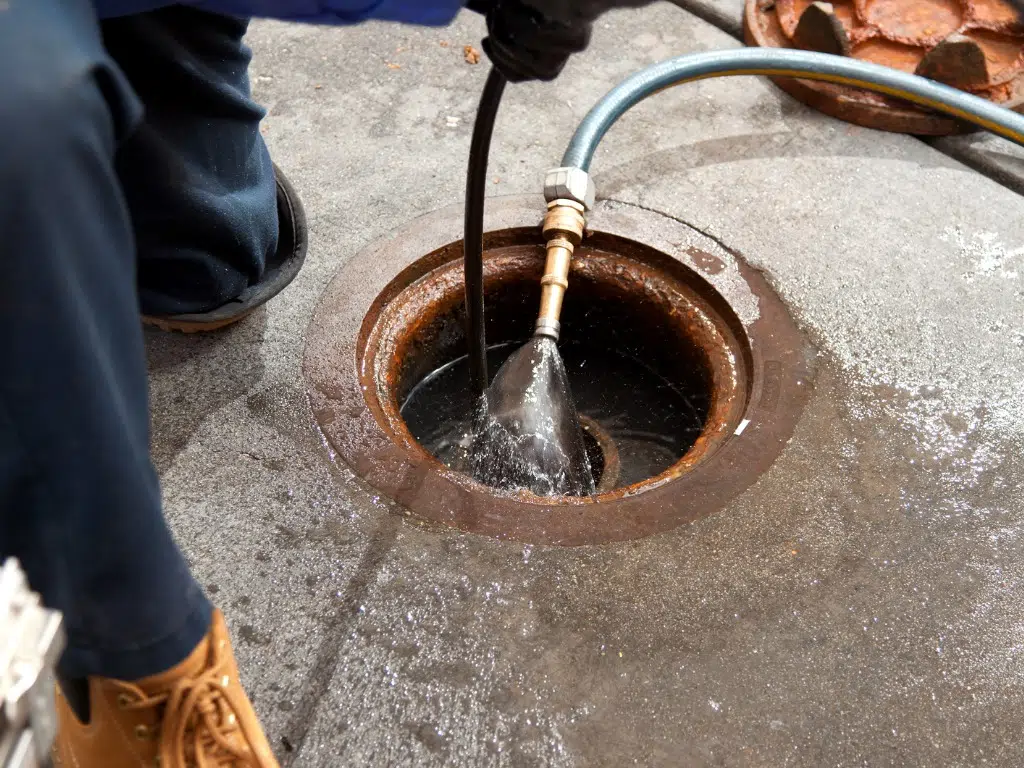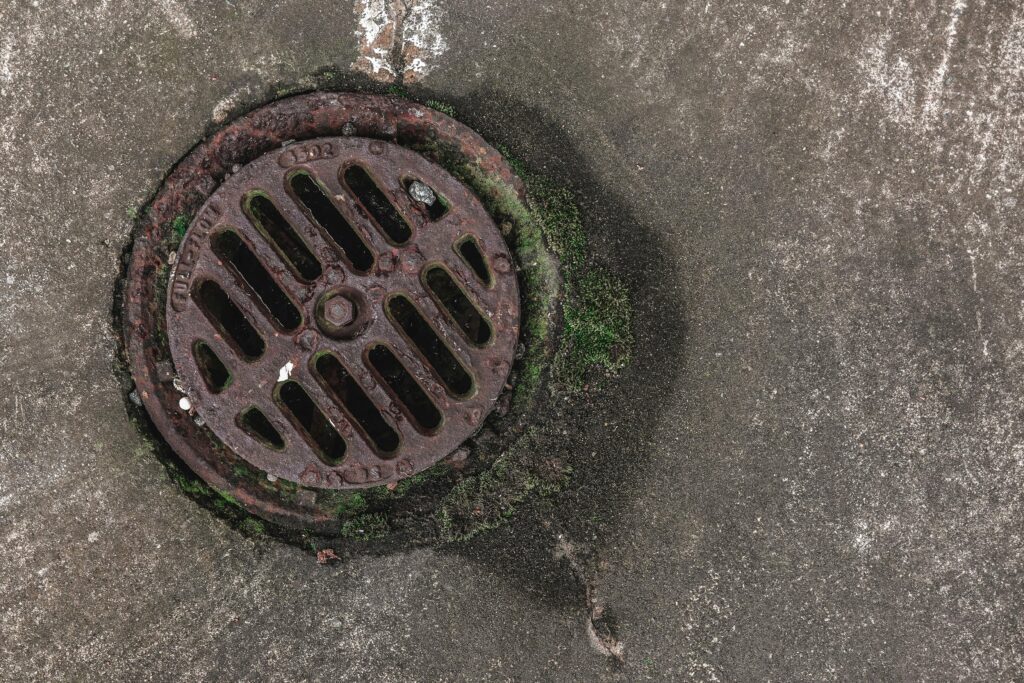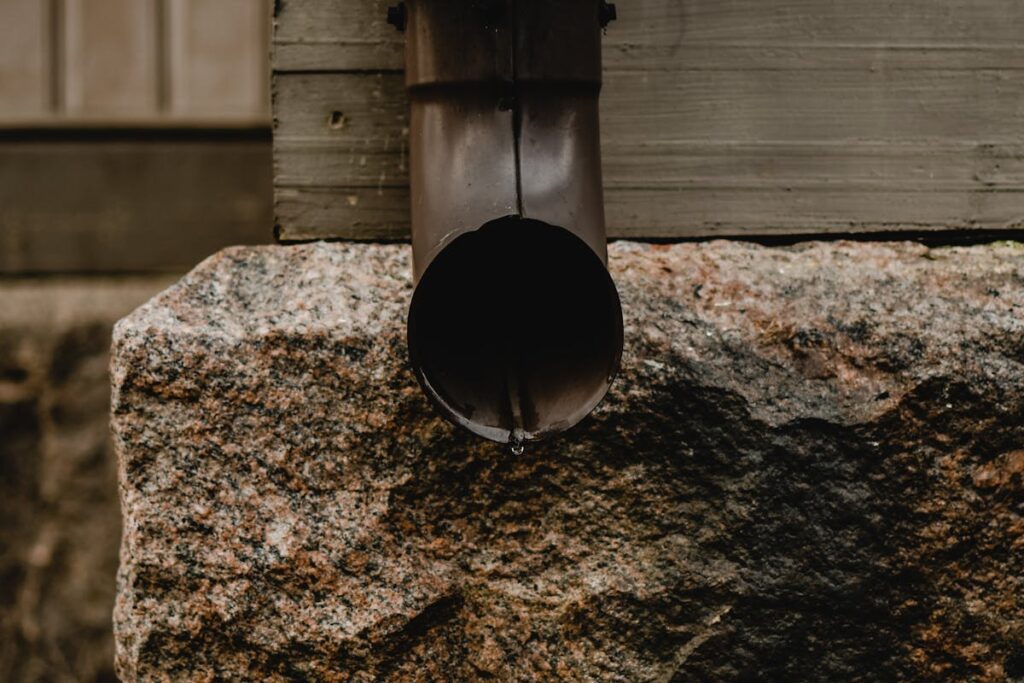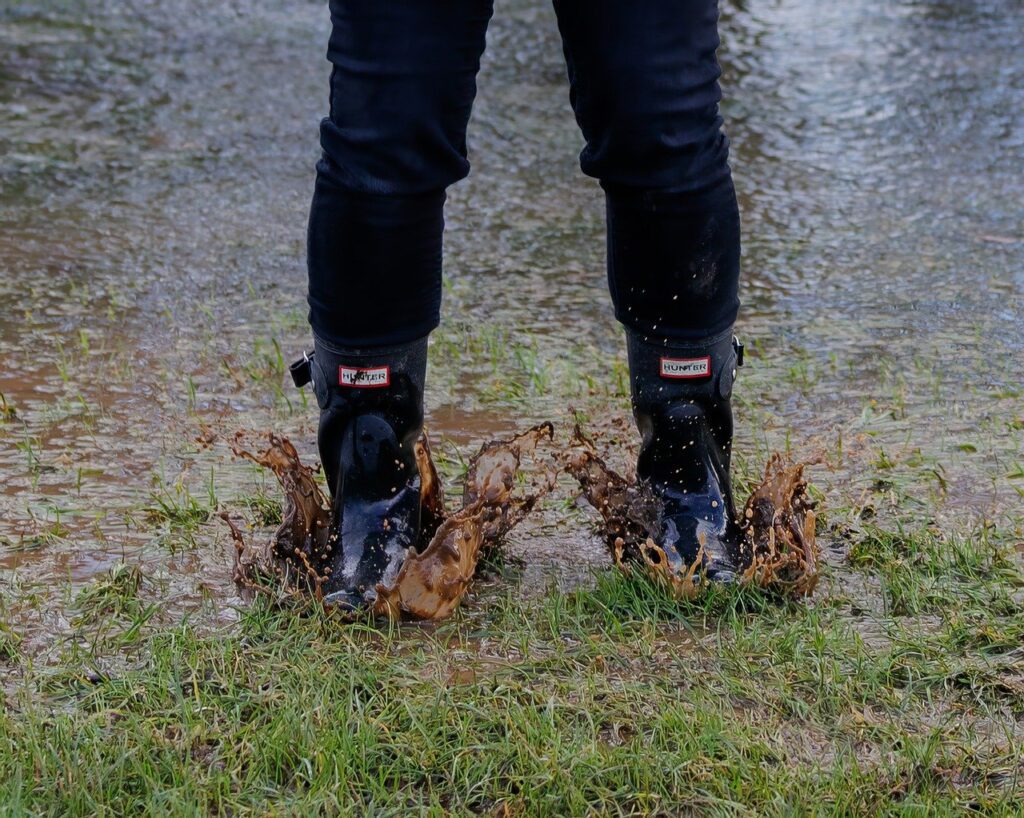When most people think of power washing, they picture spotless driveways and gleaming patios. But beyond aesthetics, there’s a more practical reason every homeowner should take it seriously: your home’s foundation and drainage system depend on it.
Over time, dirt, algae, leaves, and other debris don’t just make your property look neglected—they also clog drains, block water flow, and trap moisture around your home. Left unchecked, that can lead to pooling water, erosion, and, eventually, foundation cracks or leaks. That’s where regular power washing services come in.
The Hidden Role of Power Washing in Drainage Health
Your drainage system is designed to move water away from your home. But when your driveway, gutters, or walkways get packed with grime, mud, or mold, water starts to sit rather than flow. That standing water seeps into tiny cracks or saturates soil near your foundation.
A proper power wash removes the layer of buildup that traps water. By cleaning these surfaces, water can naturally drain again through its intended paths—gutters, trenches, and slopes. This simple maintenance step can help prevent costly structural repairs later.
Think of it like unclogging an artery. A little pressure in the right place keeps the entire system running smoothly.
Protecting Your Foundation from Moisture Damage
Water is one of the most damaging forces your home can face. When drainage fails, the foundation becomes the next victim. Here’s how it happens:
- Soil Erosion: Blocked drainage leads to overflowing water that eats away the soil supporting your home. Over time, this causes uneven settling and cracks.
- Hydrostatic Pressure: Water trapped against your foundation walls increases pressure, which can lead to leaks or bowing walls.
- Mold and Mildew Growth: Persistent dampness encourages mold to form, which can spread into basements and crawlspaces.
Regular power washing around driveways, patios, siding, and gutters helps keep these problem areas dry and free-flowing. It removes organic buildup before it hardens or decomposes into sludge—exactly the kind of material that clogs drains and downspouts.
Key Areas to Power Wash Regularly
If your goal is to prevent foundation damage, here are the top spots you should include in your exterior cleaning schedule:
- Driveways & Walkways: These collect soil and debris that easily wash into drains.
- Gutters & Downspouts: Clogged gutters are one of the biggest causes of water pooling near foundations.
- Patios & Decks: Keeping them clean reduces organic buildup that contributes to blocked runoff paths.
- Exterior Walls & Siding: Mold and mildew here can spread moisture into hidden cracks.
A seasonal or twice-yearly power wash keeps these areas functioning properly, especially before heavy rains or winter freezes.
Why Hire Professionals for the Job
DIY power washing can be tempting, but professional power washing services use the right equipment and pressure levels for each surface. Too little pressure won’t remove buildup effectively; too much can damage concrete, paint, or wood. Professionals also know how to clean around drainage lines without pushing debris deeper into them.
At WLS, we combine power washing with drainage maintenance to ensure your property stays both clean and structurally sound. Our team doesn’t just blast away dirt—we inspect how water flows around your home and make sure it drains where it should.
Final Thoughts
Power washing isn’t just about curb appeal—it’s a form of preventive maintenance. By keeping your outdoor surfaces clean, you protect your drainage system, extend the life of your foundation, and save yourself from major repair bills down the line.
If your driveway, patio, or siding is overdue for a clean, don’t wait until you notice water pooling or cracks forming. Schedule your professional power washing services today and keep your property looking—and performing—its best.








